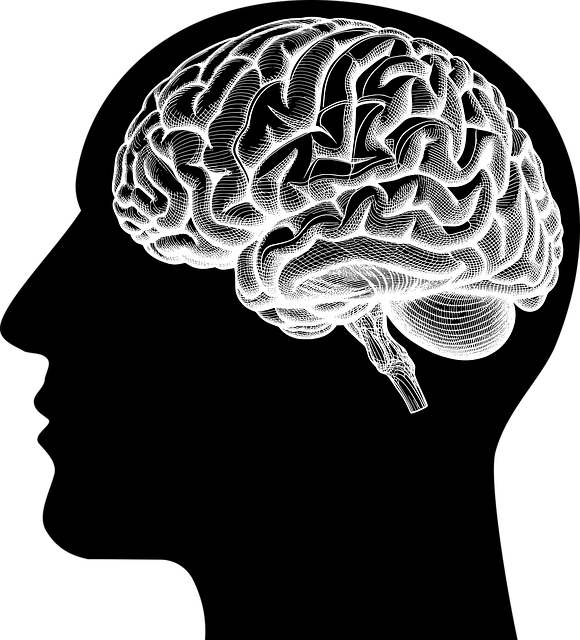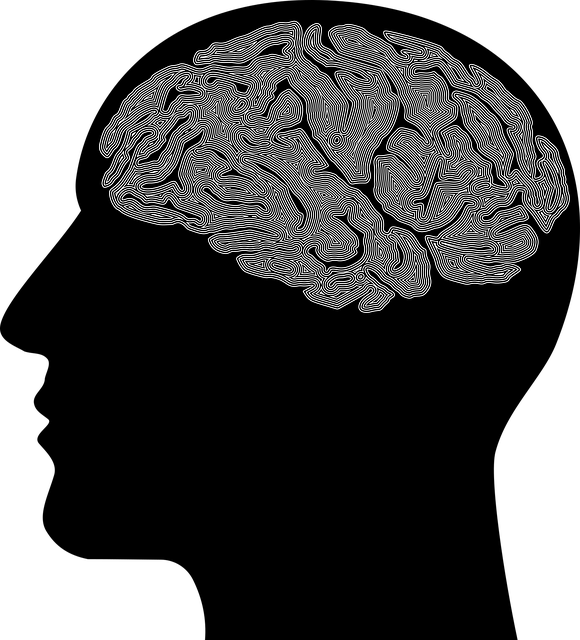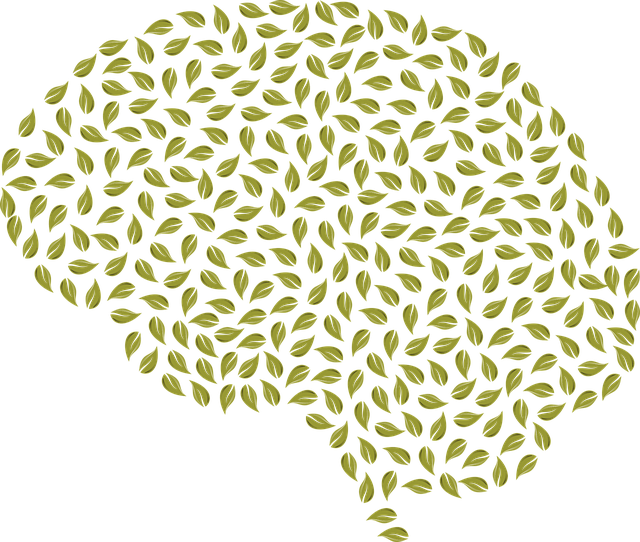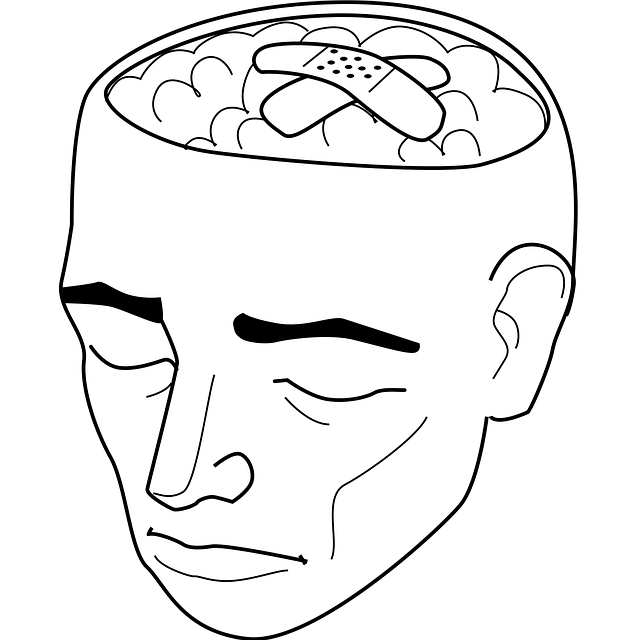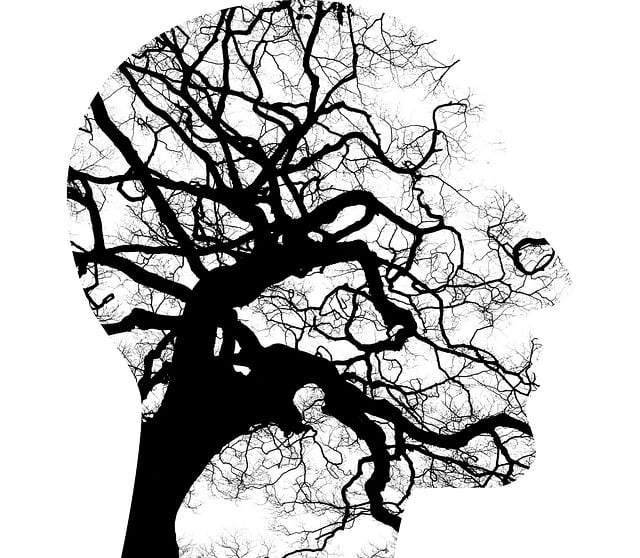Young adults transitioning into adulthood face unique challenges including anxiety, depression, and identity formation issues, exacerbated by academic pressures, career uncertainty, and social media influence. Specialized therapy for young adults with gender identity concerns is essential, addressing isolation and confusion. Inclusive coaching programs should include crisis intervention, social skills training, emotional healing, risk management planning, and evidence-based practices tailored to their needs, fostering resilience and self-acceptance in a safe environment. Regular evaluations ensure these interventions support mental wellness journeys by addressing specific issues related to gender dysphoria and advocating for rights and resources.
“Mental wellness coaching programs tailored for young adults are gaining traction as society prioritizes mental health awareness. This article explores the unique challenges faced by this demographic, with a specific focus on how gender identity influences their mental health journeys. We delve into the development of effective coaching strategies, offering insights into empowering young adults through personalized support. Additionally, we discuss implementing and evaluating therapy interventions, highlighting the importance of tailored approaches for optimal outcomes, particularly considering the complexities of gender identity in mental wellness.”
- Understanding the Unique Needs of Young Adults Regarding Mental Wellness
- The Role of Gender Identity in Shaping Mental Health journeys
- Designing Coaching Programs for Effective Support and Empowerment
- Implementing and Evaluating Therapy Interventions for this Demographic
Understanding the Unique Needs of Young Adults Regarding Mental Wellness

Young adults face unique challenges when it comes to mental wellness due to the transition from adolescence to adulthood and the increased expectations placed on them. This demographic often struggles with issues such as anxiety, depression, and identity formation, which can be further complicated by factors like academic pressures, career uncertainty, and social media influence. For young adults exploring their gender identity, these concerns may intertwine with feelings of isolation and confusion, requiring specialized therapy for young adults that addresses these complex intersections.
The development of mental wellness coaching programs tailored to this age group should incorporate crisis intervention guidance, as many young adults might be experiencing or be at risk of acute mental health crises. Social skills training is another vital component, as it helps them navigate social interactions and build supportive networks. Moreover, incorporating emotional healing processes that cater to their specific needs can foster resilience and a sense of belonging, enabling young adults on their journey towards holistic mental wellness.
The Role of Gender Identity in Shaping Mental Health journeys

Understanding the impact of gender identity on mental health is a crucial aspect of developing effective coaching programs for young adults. The experiences and challenges faced by individuals with diverse gender identities can significantly shape their emotional well-being, often presenting unique barriers to accessing support and treatment. For instance, transgender youth may face stigma and discrimination, leading to higher rates of depression, anxiety, and suicidal ideation. This underscores the importance of inclusive therapy approaches tailored to their specific needs.
Coaching programs that incorporate compassion cultivation practices and emotional regulation strategies can be transformative for this demographic. By fostering a safe and non-judgmental environment, mental wellness coaches can help young adults navigate gender-related stress, develop coping mechanisms, and enhance self-acceptance. Moreover, integrating risk management planning in therapy for young adults with varying gender identities enables professionals to address potential crises proactively, ensuring the well-being of their clients.
Designing Coaching Programs for Effective Support and Empowerment

When designing mental wellness coaching programs, particularly for young adults navigating issues related to gender identity, it’s crucial to create a supportive and empowering environment. These programs should integrate evidence-based practices tailored to the unique needs of this demographic. Social Skills Training can help individuals build confidence and improve interactions while Trauma Support Services are essential for processing past experiences that may impact present mental health.
Effective coaching goes beyond mere talk therapy; it fosters resilience through practical strategies and advocacy. Coaches can empower young adults to understand their mental health policy rights, encourage self-advocacy, and connect them with relevant resources. By combining therapeutic techniques with skill development, these programs offer a holistic approach to support young adults in embracing a fulfilling life while addressing the challenges that often accompany gender identity exploration.
Implementing and Evaluating Therapy Interventions for this Demographic

Implementing and evaluating therapy interventions for young adults navigating their gender identity is a specialized task that requires tailored approaches. This demographic often faces unique challenges related to self-esteem improvement, social integration, and understanding their place in society. Therapists must create safe spaces where individuals feel heard and respected while exploring their identities. One effective strategy involves incorporating compassion cultivation practices into sessions, fostering empathy and self-acceptance.
The goal is not only to manage symptoms but also to empower young adults with durable coping mechanisms for mood regulation. By combining evidence-based techniques like cognitive behavioral therapy with gender-affirming care, therapists can address specific issues related to gender dysphoria and foster resilience. Regular evaluations are crucial to gauge progress, adjust treatment plans, and ensure the interventions effectively support clients’ mental wellness journeys.
Mental wellness coaching programs tailored to young adults, especially those navigating their gender identity, can significantly enhance their well-being. By understanding the unique challenges faced by this demographic, coaches can design effective support systems that foster empowerment and resilience. Implementing evidence-based therapy interventions, tailored to individual needs, ensures a holistic approach addressing mental health disparities among young adults. This targeted approach, considering factors like gender identity, is crucial in providing meaningful and accessible therapy for young adults, paving the way for improved mental wellness outcomes.




